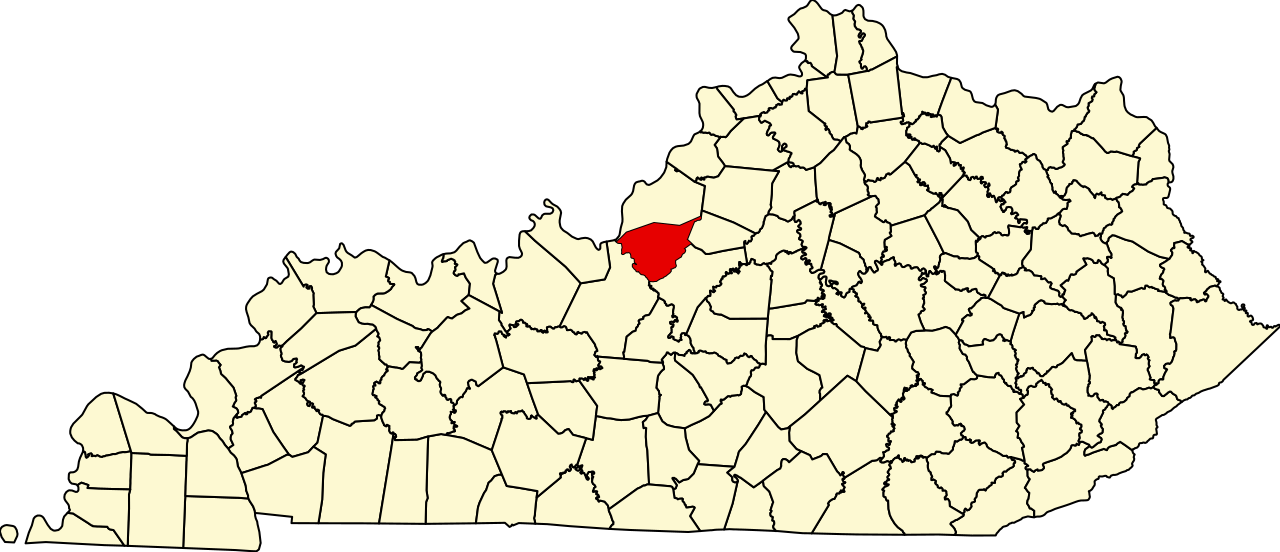Some of the questions are difficult for Moderns to answer because the historical and geographical background has changed since 1912. In Arithmetic Question 3, for example, "kalsomining" means "whitewashing" and whitewash was a calcium solution used by the poor as a cheap substitute for the paint they could not afford. In History Question 10, "magnetic" should probably be "magneto." Either that or it is meant to be the Magnetic Telegraph and the comma between the two is stray.
While you cannot take the spelling test after seeing the words, it is instructive to see what sort of words kids were expected to spell. Note that there is a typo in "endeavor" ("eneeavor"). It is also evident that students in 1912 were still expected to be conversant with the War of 1812, perhaps because the 100th anniversary was au courant. Of course, the 200th anniversary recently passed without even a blip on the popular news-o-tainment shows. So much for the dawn's early light.
We don't know what was required to pass the exam. (TOF suspects the traditional 75%; but we don't know if all the questions had equal weight.) Nor do we know what percentage of students did pass it or with what grades.
TOF's Faithful Reader is invited to try his luck. The folks at Bullitt Co. prepared an answer sheet, but TOF took issue with some of the answers they gave. They seemed to over-think some of the questions.
 |
| TOF's school in 1912, somewhat before TOF attended What a bunch of grimy urchins |




This comment has been removed by the author.
ReplyDeleteThe test seems comparable in difficulty to what I would have had to know by eighth grade in my Catholic school. Math is just algebra at most (though there is more a word problem emphasis, but it seems, fewer questions on the symbolic approach to math via functions, graphing, etc.), and spelling is about the same as what I had to know (we had vocabulary words throughout middle school). Grammar was about the same, though sentence diagramming was a 5th grade thing for me that I didn't touch once I went to middle school. History I would have flunked, but my guess is that since most of the questions had to do with 19th century events, it would be comparable to questions on the world wars, the cold war, and some of the civil war. The questions were more factoid based, whereas my emphasis, if I recall, was more trends and demographics (for example, having a sense of how X group of people lived in such era Y) in addition to big names. The civics one is interesting, since it has many more questions on local government, while our education is mostly on state and federal government (hmmm...). Physiology had comparable stuff; I would have known it then to study for the exams, but then forgot some details. Same with Geography.
ReplyDeleteJust for temporal reference, I was in 8th grade in 2006.
In 1912, one room schools still dominated the education system outside the big cities. Just under 50% of Americans were farmers. Since almost all farm kids had to help out on the farms, education had to take place in many fewer hours.
ReplyDeleteThose schools were run on shoestring budgets (by modern standards): one teacher, one classroom likely built by the farmers themselves, few books or 'materials'. The teacher was unlikely to have much or even any education beyond having gone to a similar school.
Yet the results, based on the standardized tests of the day (of which this might be one) were *better* than achieved by the students of the 'consolidated' schools of the era, even though those schools had comparatively expensive buildings, multiple trained teachers, more books and 'materials' for which much more money was spent.
An education of, by and for the people in a culture is going to be better than an education of, by and for the state, at least, certainly, from the perspective of those people.
Joseph:
DeleteYou may find this interesting:
http://www.davidwarrenonline.com/2017/05/18/sweetness-light/
To be honest this seems like exactly the sort of thing I would expect 8th graders (or even 6th or 7th graders for large parts of it) to be tested on. Maybe not for a final exam, since those tends to be more focused on fewer questions - in some subjects just a single one - that require longer answers.
ReplyDeleteNone of it seems the sort of questions that would require "serious thought" or normally be multiple choice either. It's all questions either about facts or asking to do relatively simple exercises.
But maybe that's all because I'm not american. I've always hesitated to entirely trust the negative view I often hear expressed here in Europe about american education, because I am a bit suspicious of the tendency to think of anything american as either amazingly good or horribly bad. But if it really is as bad as seems implied here, I might be more willing to believe it.
Some context for question 5 under Geography: the first Balkan War started around October 1912 and involved four of the five countries listed. Since this test is dated November 1912, this question could probably be considered part of current events.
ReplyDeleteNow day, everything is going to find a new but well settled and successful stream for their career. When I came to this blog, I really impressed by all the knowledge points mentioned here. Thank you for this assistance. ติว ged
ReplyDeleteLovely spam, wonderful spam!
Delete